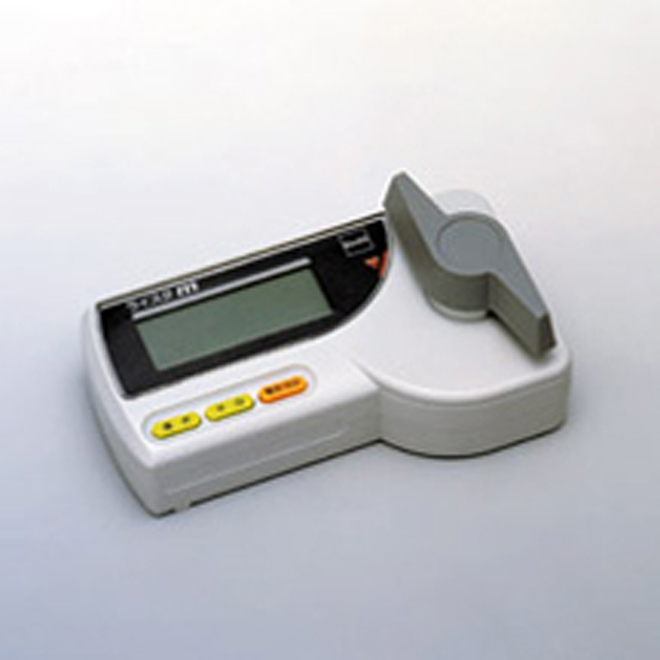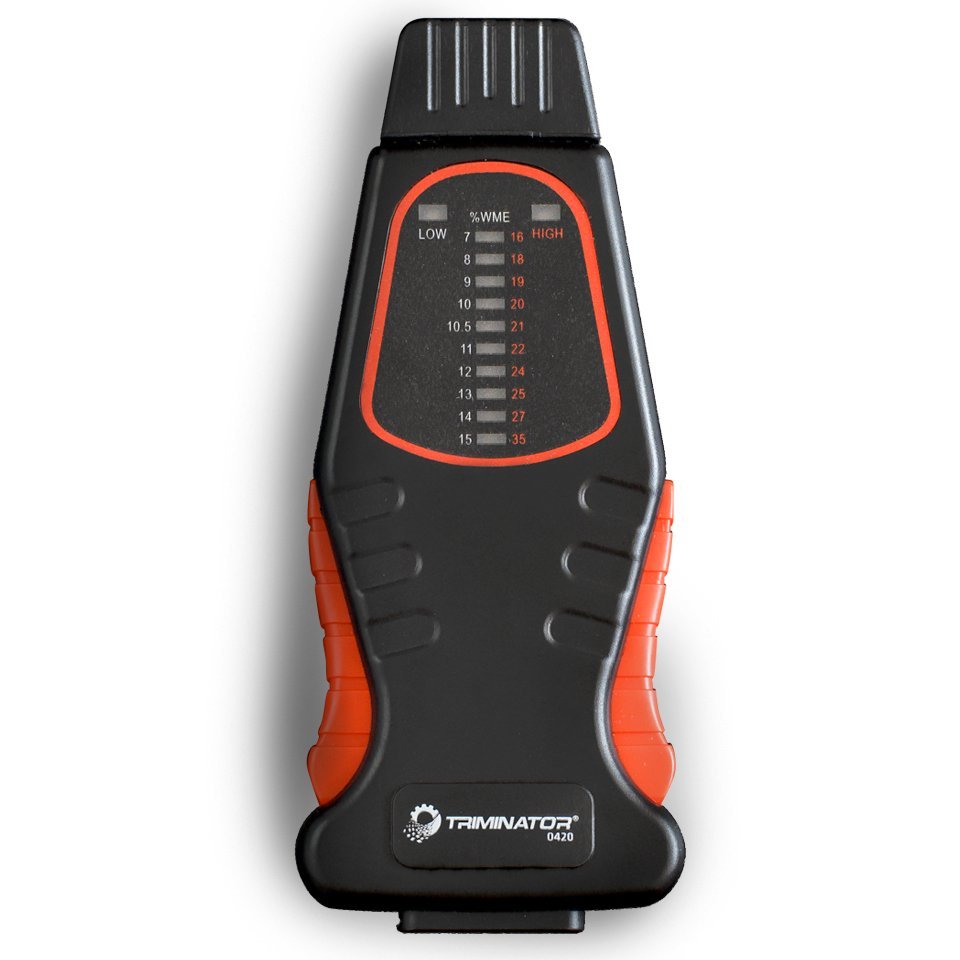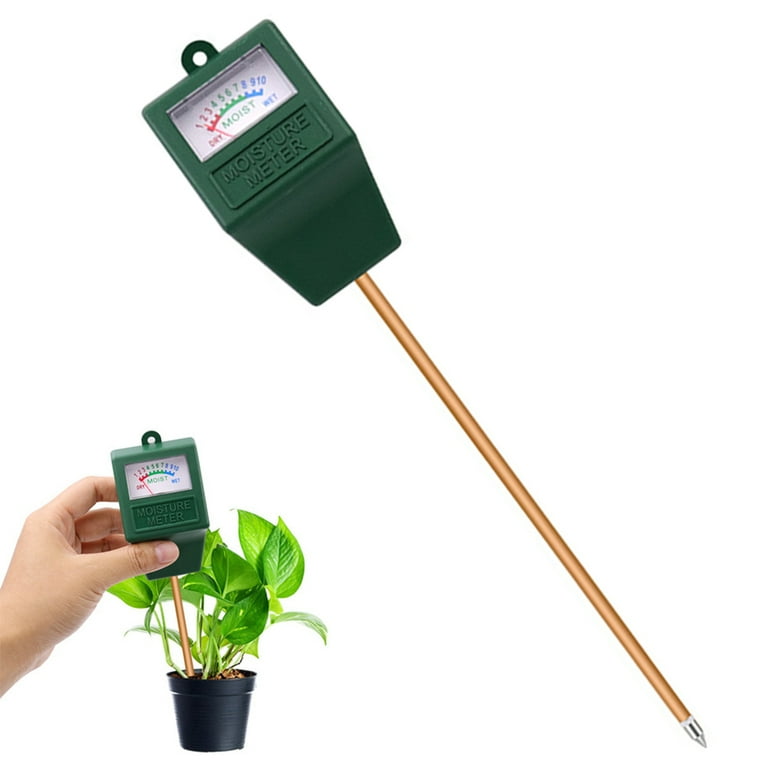How to Utilize a Moisture Meter to Discover Concealed Water Damages in Your Building
How to Utilize a Moisture Meter to Discover Concealed Water Damages in Your Building
Blog Article
The Ultimate Guide to Moisture Meters: A Comprehensive Overview and How They Can Conserve You Cash
In the world of building maintenance, construction, and various sectors, the relevance of properly determining moisture degrees can not be overemphasized. Wetness meters function as essential tools in spotting and monitoring moisture web content in products, helping in preventing costly problems and making sure the high quality of products. Recognizing the nuances of various types of moisture meters, their applications, and the possible cost-saving benefits they supply can be a game-changer for professionals and businesses alike. Finding how these tools can not only streamline procedures but additionally contribute to economic savings is a trip worth starting.
Kinds Of Moisture Meters
One typical kind is the pin-type moisture meter, which determines the electric resistance in between two pins inserted into a product. Pinless dampness meters, on the other hand, use electromagnetic sensing unit plates to check a bigger location without causing damage to the material's surface.
Infrared wetness meters gauge the thermal residential or commercial properties of a material to identify its wetness material non-invasively, making them valuable for applications where pin or pinless meters might not be ideal. Recognizing the various kinds of dampness meters readily available can aid industries choose the most appropriate tool for their specific moisture dimension demands.

Advantages of Utilizing Moisture Meters

Additionally, making use of wetness meters can bring about increased energy performance. By identifying locations with high dampness degrees, such as leakages or poor insulation, modifications can be made to improve power conservation and lower utility expenses. In farming settings, wetness meters play a crucial duty in optimizing crop returns by making it possible for farmers to monitor soil wetness levels and make informed watering decisions. Overall, the advantages of using dampness meters cover throughout various industries, supplying cost-efficient services and promoting far better high quality control methods.
How to Pick the Right Moisture Meter
Picking the appropriate dampness meter includes considering essential aspects such as material compatibility, measurement range, and calibration accuracy. When picking a moisture meter, it's important to make certain that the meter is ideal for the specific material you will be screening. Various materials have differing electric buildings that can affect wetness readings, so picking a meter made for your material is important for exact outcomes. In find out here now addition, consider the dimension series of the wetness meter. Make sure that the meter can discover dampness degrees within the variety required for your applications. Calibration accuracy is one more vital element to bear in mind (Moisture Meter). Select a moisture meter with reputable calibration to make sure accurate and regular readings. Some meters may require periodic calibration adjustments, so recognizing the calibration process is very important. By thoroughly assessing these variables, you can choose a dampness meter that meets your demands and supplies exact wetness dimensions for your jobs.
Appropriate Methods for Moisture Meter Usage
To guarantee accurate dampness readings and make the most of the effectiveness of a dampness meter, employing appropriate methods is vital. When making use of a pin-type wetness meter, insert the pins or probes right into the product being examined till they make complete get in touch with. By adhering to these proper techniques, individuals can count on their wetness meter to provide trustworthy dampness levels, helping in protecting against expensive damages or ensuring quality in different applications.

Price Financial Savings Via Moisture Meter Applications
Just how can the critical application of dampness meters lead to significant cost financial savings across different sectors? In the agriculture industry, dampness meters aid in identifying the optimum time for collecting plants, stopping excess or over-drying wetness that can influence the final item's high quality.

Furthermore, in the food processing market, dampness meters are necessary for checking item quality and ensuring compliance with security regulations. By precisely determining dampness content in food, producers can protect against wasting, maintain freshness, and minimize waste, causing considerable expense financial savings. Generally, the critical you could try this out application of dampness meters is a beneficial financial investment that can lead to considerable price decreases and improved performance across various markets.
Verdict
In final thought, moisture meters are important tools for spotting you could try here and gauging moisture degrees in various products. By using the appropriate wetness meter and adhering to proper techniques, users can effectively avoid pricey problems caused by excess dampness.
Moisture meters serve as crucial tools in spotting and keeping an eye on moisture web content in products, helping in preventing expensive problems and ensuring the quality of products. Infrared moisture meters measure the thermal homes of a product to identify its wetness content non-invasively, making them valuable for applications where pin or pinless meters might not be suitable.Dampness meters provide very useful advantages in properly analyzing and checking wetness degrees in varied materials and atmospheres. In farming setups, moisture meters play an essential role in maximizing plant returns by making it possible for farmers to monitor soil dampness levels and make educated watering choices.In conclusion, dampness meters are important devices for spotting and gauging wetness levels in different materials.
Report this page